- Naltrexone
- Anti Emetic
- Neuropathic Pain
- Mens Health
- Hair Loss
- Pain Relief
- HCG Injections
- Quit Smoking
- Pharmaceutical Vaccine
- Best Selling Products
- Anti Viral
- Bimatoprost
- Antibiotics
- Women's Health
- Cetaphil
- Botulinum
- Diabetes
- Human Albumin
- Anti Malarial
- Dermal fillers
- Chemical Peels
- Nephrology Segment
- Kidney / Liver Care
- Anti Cancer
- Altus Product's
- Pharmaceutical Products
- Anti Fungal
- Hepatitis
- Beauty & Skin Care
- Asthma
- Modafinil
- Urology Segment
- Thyroid Care
- Armodafinil
- HIV Medicines
- Weight Loss
- Anti-Cancer
- Armodafinil
- Bimatoprost
- Botulinum
- Dermal Fillers
- Hepatitis
- Mens-health
- Modafinil
- Naltrexone
- ANTI EMETIC
- Altus Product’s
- Anti Fungal
- Anti Malarial
- Anti Viral
- Antibiotics
- Asthma
- Beauty & Skin Care
- Cetaphil
- Chemical Peels
- Diabetes
- Hair Loss
- HCG Injections
- HIV Medicines
- Human Albumin
- Kidney / Liver Care
- Neuropathic Pain
- Pain Relief
- Pharmaceutical Products
- Pharmaceutical Vaccine
- Quit Smoking
- Thyroid Care
- Weight Loss
- Women’s Health
- Naltrexone
- Anti Emetic
- Neuropathic Pain
- Mens Health
- Hair Loss
- Pain Relief
- HCG Injections
- Quit Smoking
- Pharmaceutical Vaccine
- Best Selling Products
- Anti Viral
- Bimatoprost
- Antibiotics
- Women's Health
- Cetaphil
- Botulinum
- Diabetes
- Human Albumin
- Anti Malarial
- Dermal fillers
- Chemical Peels
- Nephrology Segment
- Kidney / Liver Care
- Anti Cancer
- Altus Product's
- Pharmaceutical Products
- Anti Fungal
- Hepatitis
- Beauty & Skin Care
- Asthma
- Modafinil
- Urology Segment
- Thyroid Care
- Armodafinil
- HIV Medicines
- Weight Loss
No products in the cart.
Return To Shop$45.71 – $111.17Price range: $45.71 through $111.17
Reclimet-PG 60 Tablet SR (Gliclazide (60mg) + Pioglitazone (15mg) + Metformin (500mg)
Reclimet-PG 60 Tablet SR is an anti-diabetic medicine that is used to treat type 2 diabetes mellitus. It helps control blood sugar levels in adults with diabetes.
Have questions?
Call : +91 9002 1002 33
Reclimet-PG 60 Tablet SR (Gliclazide (60mg) + Pioglitazone (15mg) + Metformin (500mg)
| COUNTRY OF ORIGIN | India |
|---|---|
| DOSAGE FORM | Tablets |
| GENERIC NAME | Gliclazide |
| INDICATION | Type 2 diabetes mellitus |
| PACKAGING | 10 tablets in a strip |
| MANUFACTURER | Dr Reddy’s Laboratories Ltd |
| COMPOSITION | Gliclazide (60mg) + Pioglitazone (15mg) + Metformin (500mg) |
PRODUCT INTRODUCTION
Reclimet-PG 60 Tablet SR is an anti-diabetic medicine that is used to treat type 2 diabetes mellitus. It helps control blood sugar levels in adults with diabetes.
Reclimet-PG 60 Tablet SR should be taken with food, preferably at the same time each day, Your doctor will decide what dose is best for you and this may change from time to time based on your blood sugar levels, keep taking this medicine, even if you feel well or your blood sugar levels are controlled,
If you stop it without consulting your doctor, your blood sugar levels could rise and put you at risk of kidney damage, blindness, nerve problems, and loss of limbs.
Remember that it is only part of a treatment program that should also include a healthy diet, regular exercise, and weight reduction as advised by your doctor. Your lifestyle plays a big part in controlling diabetes.
The most common side effect of Reclimet-PG 60 Tablet SR is low blood glucose levels (hypoglycemia). Make sure you recognize the signs of low blood glucose levels (sweating, dizziness, headache) and know how to deal with them.
To prevent this, it’s important to have regular meals and always carry a fast-acting source of glucose such as sugary food or fruit juice with you.
Drinking alcohol can also increase your risk of low blood sugar levels and should be avoided. Other side effects that may be seen on taking this medicine include nausea, taste changes, diarrhea, stomach pain, headache, edema (swelling), blurred vision, bone fracture, and upper respiratory tract infections.
Some people may find that they put on weight with this medicine.
You should not take it if you have type 1 diabetes mellitus, if you have diabetic ketoacidosis (high levels of acid in your blood), or if you have severe kidney or liver disease.
Before taking this medicine, tell your doctor if you have ever had heart disease. It may not be suitable. Pregnant or breastfeeding women should also consult their doctor before taking it.
Your blood sugar levels should be checked regularly and your doctor may also advise blood tests to monitor your blood cell counts and liver function.
“Triad Triumph: Gliclazide 60mg + Pioglitazone 15mg + Metformin 500mg Redefining Diabetes Harmony”
Embark on a journey of diabetes harmony with the powerful trio of Gliclazide 60mg, Pioglitazone 15mg, and Metformin 500mg, collectively redefining the landscape of comprehensive glycemic control. Gliclazide stimulates insulin secretion, Pioglitazone enhances insulin sensitivity, and Metformin curtails excess glucose production.
This unique triad, harmonized at 60mg, 15mg, and 500mg respectively, orchestrates a synchronized approach to diabetes care.
In this blog, we explore the triumph of Gliclazide 60mg + Pioglitazone 15mg + Metformin 500mg, unraveling their individual roles, potential synergies, and how this triumphant trio emerges as a beacon of harmony in the dynamic symphony of diabetes management.
“Precision Fusion: Gliclazide 60mg + Pioglitazone 15mg + Metformin 500mg Crafting Personalized Glucose Mastery”
Step into the era of personalized glucose mastery with the precision fusion of Gliclazide 60mg, Pioglitazone 15mg, and Metformin 500mg, where each component contributes to a tailored strategy for individualized diabetes care.
Gliclazide’s insulin-boosting capabilities, Pioglitazone’s insulin-sensitizing effects, and Metformin’s multifaceted actions create a fusion that aims for precise and targeted glycemic control.The 60mg + 15mg + 500mg dosage, intricately calibrated, signifies a dynamic formulation that adapts to varying insulin needs,
This blog delves into the precision fusion of Gliclazide 60mg + Pioglitazone 15mg + Metformin 500mg, uncovering their collaborative benefits and the pivotal role they play in delivering optimal outcomes in diabetes care.
From its dosage rationale to practical insights, this discussion emphasizes the precision and efficacy that make this triad a valuable asset in the personalized approach to diabetes management.
Medications for Diabetes Mellitus Type 2: Holistic Wellness Perspectives
Beyond blood sugar control, medications contribute to holistic wellness in type 2 diabetes. This blog will take a broader perspective, discussing how medications play a role in overall health and well-being for individuals with diabetes.
Diabetes Mellitus Medications: Medication Mastery and Lifestyle Synchrony for Improved Living
Achieve medication mastery while synchronizing with lifestyle choices for improved living. This guide explores how medications and lifestyle can work together harmoniously to enhance overall well-being.
Updates on Insulin Pump Technology in Treatment of Type 2 Diabetes Mellitus
Staying current with technological advancements, this section explores updates on insulin pump technology for the treatment of Type 2 Diabetes Mellitus. By delving into the latest features and improvements, the discussion aims to highlight the role of insulin pumps in achieving optimal glycemic control.
Signs and Symptoms of Type 2 Diabetes Mellitus: Identifying Subtle Diabetes Warnings
Identify subtle diabetes warnings by exploring the specific signs and symptoms associated with Type 2 Diabetes Mellitus. Understand the nuances of recognizing these subtle indicators for early detection and effective management of diabetes.
Charting New Territories: Drug for Diabetes Mellitus Type 2 Narratives
Narrating stories of exploring uncharted territories, this examination discusses how the drug navigates through evolving healthcare landscapes, ensuring individuals with Diabetes Mellitus Type 2 benefit from the latest advancements.
DM Type 2 Medications: Navigating Medication Choices for a Better You
Navigate through various medication choices with the aim of promoting a better and healthier version of yourself for individuals managing Type 2 Diabetes. Understand how these choices contribute to personal well-being.
USES OF RECLIMET-PG TABLET SR
- Treatment of Type 2 diabetes mellitus
BENEFITS OF RECLIMET-PG TABLET SR
In Treatment of Type 2 diabetes mellitus
Insulin is a hormone that is required to lower the amount of sugar in your body. But if you have type 2 diabetes, your body will produce less amount of insulin. Reclimet-PG 60 Tablet SR allows the body to make better use of the lower amount of insulin to control your blood glucose level.
Lowering blood glucose levels is an essential part of managing diabetes. If you can control the level you will reduce the risk of getting any of the serious complications of diabetes such as kidney damage, eye damage, nerve problems, and loss of limbs. Taking this medicine regularly along with proper diet and exercise will help you live a normal, healthy life.
SIDE EFFECTS OF RECLIMET-PG TABLET SR
Common side effects of Reclimet-PG
-
- Hypoglycemia (low blood glucose level)
- Dizziness
- Headache
- Nausea
- Vomiting
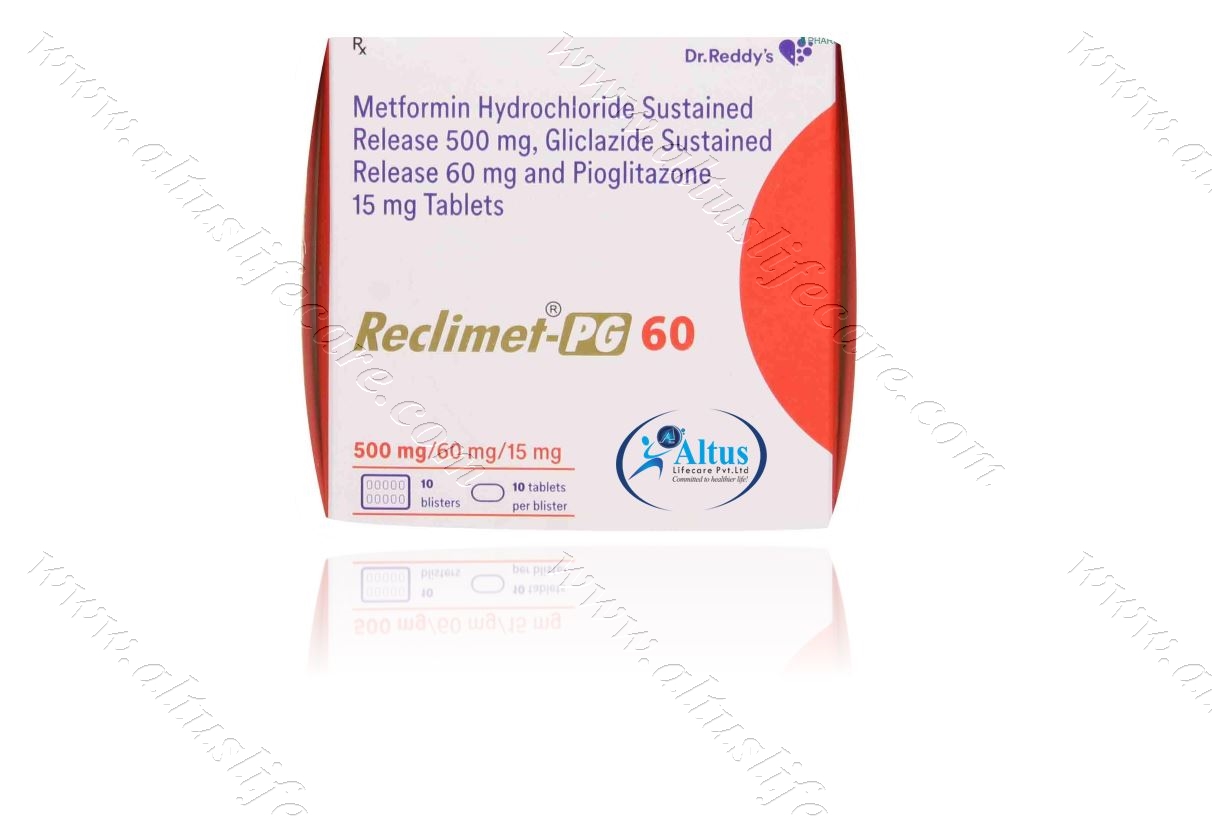
- Diarrhea
- Flatulence
- Upper respiratory tract infection
- Bronchitis (inflammation of the airways)
- Anemia (low number of red blood cells)
- Edema (swelling)
HOW TO USE RECLIMET-PG TABLET SR
HOW RECLIMET-PG TABLET SR WORKS
SAFETY ADVICE

Alcohol

Pregnancy

Breast feeding

Driving

Kidney

Liver
WHAT IF YOU FORGET TO TAKE RECLIMET-PG TABLET SR?
| Pack Size | 100 Tablet/s, 150 Tablet/s, 200 Tablet/s, 300 Tablet/s |
|---|
3 reviews for Reclimet-PG 60 Tablet SR
Related products
Temoside 100 Capsule (Temozolomide 100mg)
From: $55.84Glioz 100mg Capsule Temozolomide
From: $148.57Hepcvel Tablet | Sofosbuvir 400mg | Velpatasvir 100mg
From: $205.13Cimivir 400mg Tablet | Sofosbuvir 400mg
From: $243.59Hepcvir L Tablet | Ledipasvir | Sofosbuvir
From: $256.41Pemnat Injection (Pemetrexed)
From: $149.35Velasof Tablet | Sofosbuvir | Velpatasvir
From: $179.49People also bought
-

Benoquin 40 Cream | Monobenzone 40%
From: $154.77 -
 From: $38.38
From: $38.38 -
 From: $40.05
From: $40.05 -

Aziderm 10% Cream 15gm | Azelaic Acid 10%
From: $39.26
Our Services
Shipping
Shipping at Discounted Price
Money Returns
Return Within 30 Days
Secure Payment
Safe & Secure Payment
Support 24/7
Contact 24 Hours Day
From: $41.82
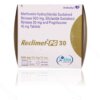
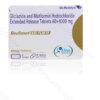
From: $48.83
- Anti-Cancer
- Armodafinil
- Bimatoprost
- Botulinum
- Dermal Fillers
- Hepatitis
- Mens-health
- Modafinil
- Naltrexone
- ANTI EMETIC
- Altus Product’s
- Anti Fungal
- Anti Malarial
- Anti Viral
- Antibiotics
- Asthma
- Beauty & Skin Care
- Cetaphil
- Chemical Peels
- Diabetes
- Hair Loss
- HCG Injections
- HIV Medicines
- Human Albumin
- Kidney / Liver Care
- Neuropathic Pain
- Pain Relief
- Pharmaceutical Products
- Pharmaceutical Vaccine
- Quit Smoking
- Thyroid Care
- Weight Loss
- Women’s Health
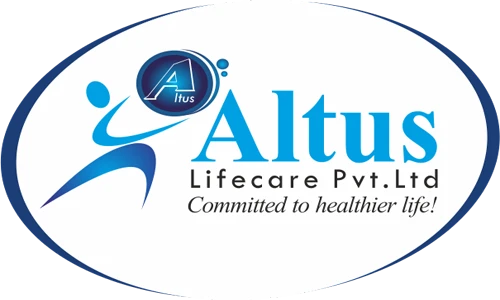
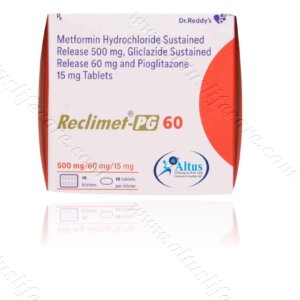
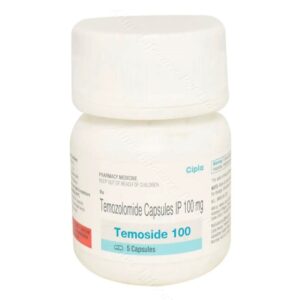
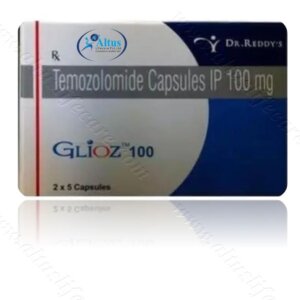
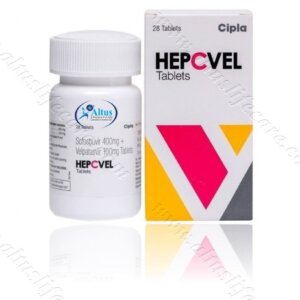
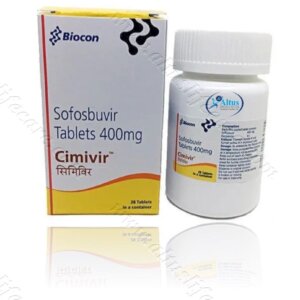
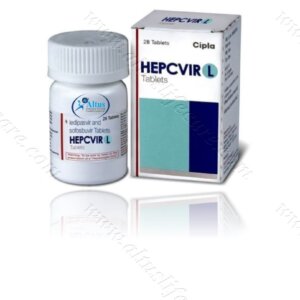
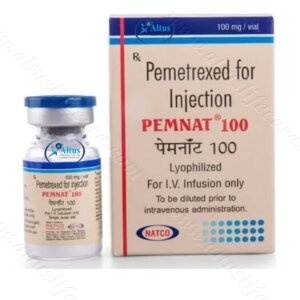
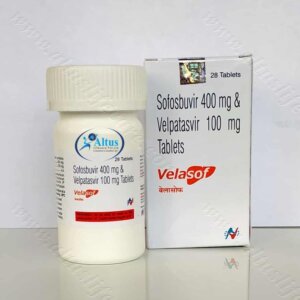


Elina (verified owner) –
“The packaging was done meticulously, and the product quality is exceptional. I am extremely pleased with my purchase.”
Flora (verified owner) –
“Top-quality product and prompt shipping – I’m a happy customer!”
Evangeline (verified owner) –
Living with type 2 diabetes has taught me resilience, self-discipline, and gratitude.